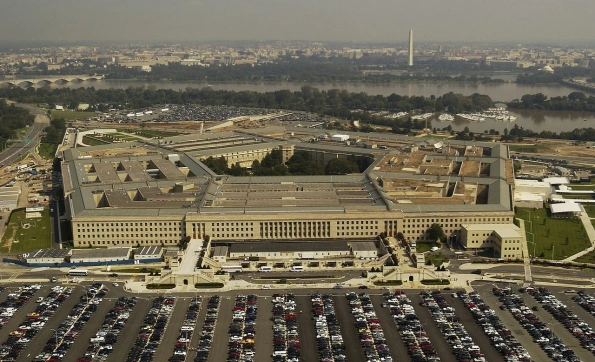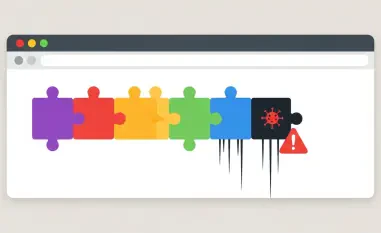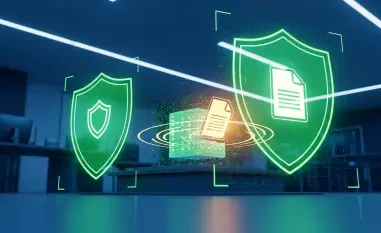In a significant push to bolster cybersecurity across the defense sector, Pentagon leaders are encouraging defense contractors to begin proactive compliance with the forthcoming Cybersecurity Maturity Model Certification (CMMC) 2.0 rules, set to be published by the Department of Defense (DOD) next week. According to senior defense officials, early preparation and adherence to the new standards can prevent costly changes down the line and offer distinct competitive advantages, particularly for smaller businesses. Farooq Mitha, director of the Defense Department Office of Small Business Programs, emphasized the importance of implementing self-assessments and maintaining current security protocols, noting that compliance now could provide critical leverage in a competitive field. The updated CMMC 2.0 program will introduce a more streamlined approach to cybersecurity, defining clear roles and establishing ongoing compliance monitoring processes to secure the federal government’s information and its contractors.
Importance of Early Compliance
Farooq Mitha made it clear that the CMMC 2.0 rules will apply to all contractors and subcontractors handling federal contract information or controlled unclassified information. By starting compliance efforts early, businesses can avoid the scrambling that often accompanies last-minute preparations for regulatory changes. According to Mitha, for small businesses, in particular, this means utilizing resources like the DOD’s Project Spectrum platform, which is designed to assist in achieving compliance. He stressed that small enterprises tend to be more vulnerable to cyberattacks, making robust cybersecurity measures not just a compliance issue but a survival necessity.
In addition to providing resources, the DOD is also exploring ways to mitigate the high costs involved with CMMC compliance. David McKeown, Senior Information Security Officer for the DOD, indicated that the department may integrate businesses that have previously undergone assessments into the CMMC 2.0 framework. This could involve grandfathering parts of their certifications or even offering full accreditation valid for up to three years. Such measures are aimed at reducing the financial burden while still ensuring that essential cybersecurity protocols are maintained or even strengthened.
The High Stakes of Cybersecurity
Both Mitha and McKeown have underscored the critical importance of stringent cybersecurity measures within the defense contracting sector. They cited recent high-profile breaches and intellectual property thefts as significant dangers to national security and taxpayer investments. For instance, McKeown referenced the Chinese F-35 and Russian space shuttle as stark examples of how intellectual theft has compromised U.S. defense projects. These incidents highlight the pressing need for airtight cybersecurity to protect not only sensitive information but also the broader economic interests tied to defense technology.
The new CMMC 2.0 rules are part of a broader federal initiative aimed at shoring up defenses against increasingly sophisticated cyber threats. By ensuring that contractors meet stringent cybersecurity requirements, the DOD aims to build a more resilient defense supply chain. This not only protects sensitive government information but also helps to secure the investments made in defense technologies, reducing the risk of costly breaches. The emphasis on early compliance and proactive measures is not just about meeting new standards but about creating a culture of cybersecurity resilience within the defense industry.
Conclusion
Mitha and McKeown have emphasized the vital need for rigorous cybersecurity measures in the defense contracting sector. They pointed to recent high-profile breaches and intellectual property thefts as severe threats to national security and taxpayer funds. For example, McKeown mentioned the Chinese F-35 and Russian space shuttle as clear instances where intellectual theft has undermined U.S. defense projects. These events underline the urgent necessity for robust cybersecurity to safeguard not only sensitive information but also the wider economic interests tied to defense technology.
The new CMMC 2.0 rules are a part of a larger federal effort aimed at strengthening defenses against increasingly sophisticated cyber threats. By ensuring contractors comply with stringent cybersecurity standards, the DOD aims to fortify the defense supply chain. This safeguards sensitive government data and helps protect investments in defense technologies, minimizing the risk of costly breaches. The focus on early compliance and proactive measures isn’t just about meeting new regulations; it’s about fostering a culture of cybersecurity resilience across the defense industry.













